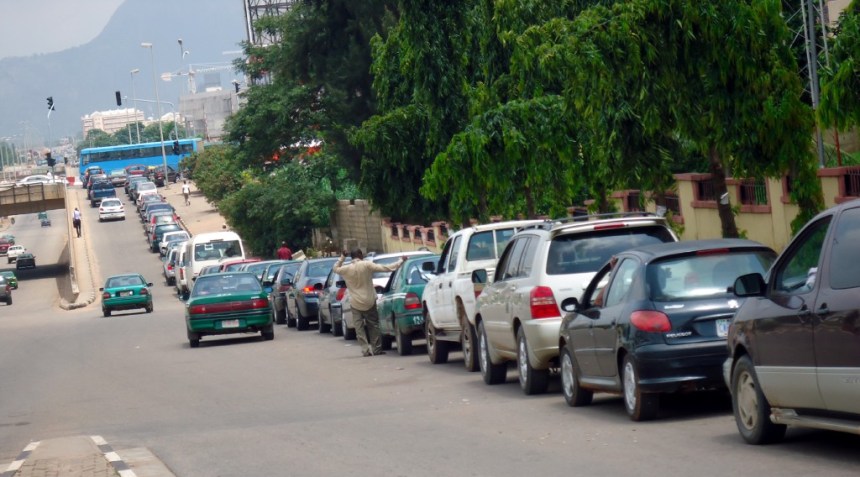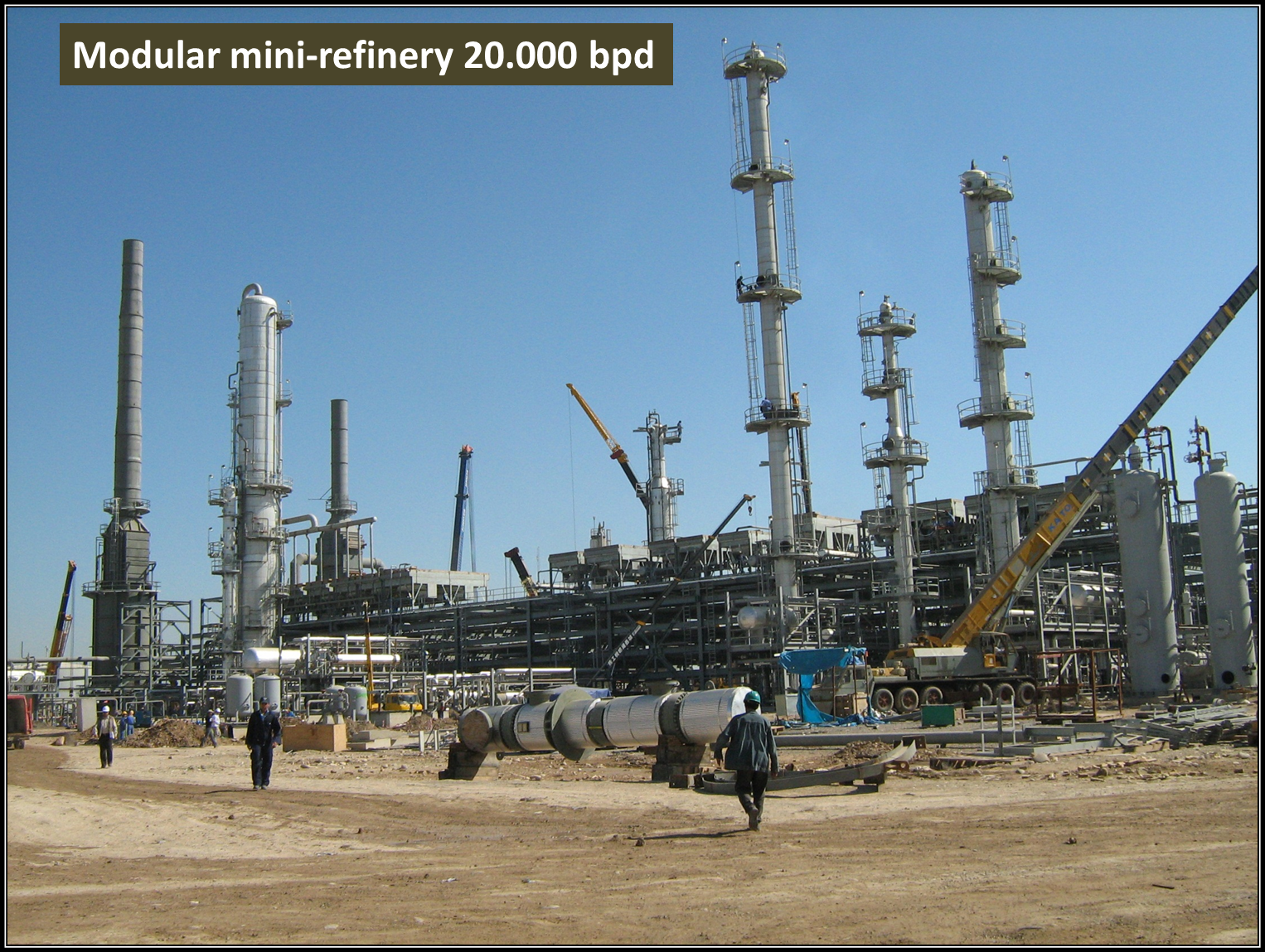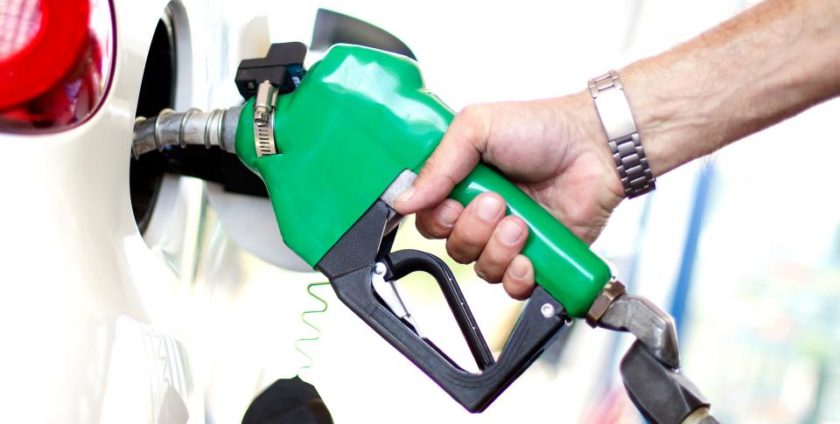Lingering Fuel Scarcity Disrupts Yuletide
The lingering fuel scarcity across the country is making the approaching Yuletide and New Year celebrations sour for many travellers, as the fares on land, air and sea transportation have soared beyond their estimation.
Two weeks after the Ministry of Petroleum Resources and state-owned oil company, Nigerian National Petroleum Corporation (NNPC) vowed to find a lasting solution to the problem of fuel crisis in the country, the challenge has gone from bad to worse, making the celebration bleak for most Christians.
Travellers, who were hoping to join their families for the celebration were yesterday disappointed, as cost of transportation doubled in the midst of limited number of vehicles willing to convey them.
While the NNPC had insisted there was enough storage of products in the country, trade associations said a supply shortfall above 80 per cent existed in the value chain and must be filled, otherwise the situation would not abate.
Major associations in the value chain, especially Major Oil Marketers Association of Nigeria (MOMAN), Independent Petroleum Marketers Association of Nigeria (IPMAN) and Depot and Petroleum Products Marketers Association (DPPMA) told The Guardian in separate telephone conversations that their members do not have adequate supply of the product.
While government partly deregulated the value chain, experts have accused the NNPC of monopoly by remaining the sole importer of refined petrol and frustrating private importers out of the business.
Executive Secretary, Major Oil Marketers Association of Nigeria (MOMAN), Obafemi Olawore, said the crisis is getting worse because there is no adequate supply in the country.
“If they have adequate supply, let them show us where it is. We met with them on Tuesday and they only assured that more ships were coming. We are waiting for the ships to arrive, so that we can serve the public. They have been giving us one ship per day, which is not enough. If the queues will clear, they should give us more than the national demand.”
Already, there is palpable fear within the oil and gas sector that the return of fuel queues in most cities across the country would eventually lead to petrol price increase.
In Abuja, motorists now sleep at filling stations to get petrol, further stimulating the fears.
Most motorists either stay on queues for hours or resort to buying at black market prices, which hovered between N300 and N400 per litre.
A motorist, Edward Nduka, who was filling his tank from a black marketer at Banex area of the city, said he bought five litres for N2, 000.
“We all had plans to travel to see our loved ones, but many people can’t buy fuel. The situation is deteriorating further,” he said.
Another motorist, Christopher Okojie, who decried the situation, lamented that he was losing productive hours to the situation since it started three weeks ago.
He said: “I don’t understand why Nigerians should be suffering from this kind of calamity. I planned to travel, but I won’t dare it because of the fuel situation. I had the worst experience today, with the expectation of getting fuel in town. I was stuck and had to spend the last money on me to buy from black market.”
Christie Aibainghe said: “I am supposed to be at home relaxing with my family, but we are here now because of fuel scarcity. This is the only place selling around here. I have been going all around since.
“We can’t continue like this; government must do something.”
Executive Director, Civil Society Legislative Advocacy Centre (CISLAC), and Head of Transparency International (Nigeria) Auwal Musa, believed unpatriotic Nigerians artificially cause the situation.
“I don’t understand why Nigeria, as a leading oil producing country, is not making citizens benefit from the products. Government needs to bring anybody who is undermining smooth supply of products to book,” he said.
But civil society activist, Okey Nwadike, insisted that there is a glaring capacity limitation by the NNPC, stressing that government must rethink refining products in Nigeria and properly deregulate the industry to ensure level playing field.
In Lagos and other major cities, most filling stations appear to have run out of stock, with the few that sell petrol witnessing long queues and chaos, sometimes. Some independent marketers have resorted to selling at night between N180 and N200 per litre, against the official pump price of N145 per litre.
In Awka, the Anambra State capital, customers paid between N250 and N300 per litre yesterday.
Most filling stations in town and its environs has the product, but refused to dispense.
As a result, transport fares and, by extension, cost of items and commodities in the markets, have surged. It has become usual to see those who cannot afford the new fares or going to short distances trekking along the road.
The Nigerian National Petroleum Corporation (NNPC) has continued to dispel the notion of planned price increment, attributing the current scarcity on the strike action of the Petroleum and Natural Gas Senior Staff Association of Nigeria (PENGASSAN), even though the union’s planned action was called off.
Tthe Group General Manager, Group Public Affairs Division (GGM) of the NNPC, Ndu Ughamadu, stressed that there was no plan to hike the price of petroleum products and the Petroleum Products Pricing Regulatory Agency (PPPRA) is the only body that can make pronouncement on whether subsidy has returned or not.
“We had some disruption, which were almost completely addressed before PENGASSAN strike came. As you very know, a disruption takes several days to normalise. But I can assure Nigerians that the queues would be over in a matter of days.
“On the coming back of subsidy, the PPPRA is the body that can make statement on that.”
While appealing to Nigerians not to embark on panic buying, the NNPC spokesman hinted that the country has 25 days sufficiency.
But an expert in oil and gas law and Director, Energy Security Programme of the Nigerian Defence Academy (NDA), Dr. Perisuo Dema, said the solution lies in raising a deliberate policy to encourage local refining of petroleum products, adding: “Nigeria needs a policy that will encourage local refining of petroleum products. Government must find a way to ensure that International Oil Companies (IOCs) give part of the crude oil they produce to local refineries.”
He added that the Ministry of Petroleum Resources and Department of Petroleum Resources (DPR) must also encourage the setting up modular refineries to open up the localisation of refineries across the country.




